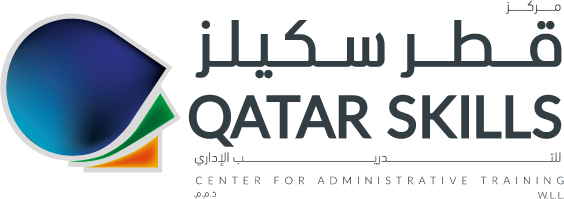array (
'course-city' =>
array (
0 => 48,
177 => 90,
226 => 77,
336 => 106,
371 => 107,
445 => 72,
486 => 108,
528 => 109,
551 => 110,
582 => 111,
604 => 71,
639 => 112,
673 => 78,
708 => 113,
798 => 70,
818 => 114,
875 => 115,
877 => 127,
910 => 116,
1054 => 117,
1226 => 118,
1324 => 91,
1402 => 119,
1492 => 120,
),
'course-language' =>
array (
0 => 49,
706 => 126,
),
'types' =>
array (
0 => 81,
),
'course-category' =>
array (
0 => 67,
127 => 64,
128 => 65,
129 => 58,
130 => 59,
131 => 66,
132 => 125,
133 => 60,
134 => 61,
135 => 123,
136 => 46,
137 => 51,
138 => 62,
139 => 85,
140 => 83,
141 => 76,
144 => 99,
145 => 57,
146 => 63,
149 => 97,
152 => 98,
157 => 124,
158 => 103,
159 => 104,
160 => 105,
161 => 55,
162 => 75,
163 => 53,
164 => 56,
172 => 100,
174 => 101,
178 => 122,
191 => 121,
240 => 102,
),
'course-type' =>
array (
0 => 73,
),
)Continually Improving Maintenance & Reliability Results
Course Overview:
This training is an in-depth treatment of the major factors that have to be considered in order to assess and improve the reliability of machinery. It has been designed to illustrate fundamental reliability concepts without having to resort to complex mathematics. Its purpose is to bridge the gap between the rather theoretical subject of “Reliability Engineering” and day-to-day equipment maintenance practice by emphasizing the common goals of reliability and maintenance.
The program is delivered in a combination of lecture-style and computer-based training. In addition, a significant amount of time is set aside for small working group activity when addressing case study problems. Extensive use is made of case study material to underline the key aspects of the course and to give the participants exposure to current best practices.
Course Objective:
At the end of this training participants will be able to:
- Apply the proven methodologies and templates which are introduced
- Focus on key areas of reliability
- Understand the nature of failure and how this affects the performance of rotating equipment
- Make the right maintenance choices for strategic equipment
- Reduce the impact of plant downtime
- Unlock the true potential of all of their people
Who Should Attend?
- This training is designed for plant engineers working in any maintenance & reliability field who need to sharpen their maintenance management skills and gain more knowledge in order to increase efficiencies (productivity) and uptime at their industrial plant or building facility.
- Also operation and quality engineers, and technicians need to understand how things are being done around the plant from the perspective of maintenance work.
- Those who work with equipment and systems at industrial plants, commercial buildings, or private facilities, whether as general maintenance personnel, in cross-training programs, a technician, or engineers, will find this course extremely useful.
Course Outline:
Module (01) Understanding the link between Reliability and competitive advantage
- Definition of Reliability
- Probability of failure
- Reliability metrics
- Strategic Importance of Reliability
- Assessing current performance
- Making the right strategic choices
Module (02) Using reliability modeling to establish inherent reliability
- Basic modeling building blocks
- Deterministic models
- Probabilistic models
- Markov chains
- Monte Carlo models
- Case study examples
Module (03) Understanding the nature of failures in order to make the best response
- Origins of failure
- Failure types
- Six common patterns
- Analyzing failure patterns
- Weibull analysis
- Maintenance tasks
Module (04) Optimising your failure management to ensure that maintenance is cost-effective
- Risk assessment & criticality
- Equipment functions
- Functional failures
- Failure modes and effects analysis
- Failure Consequences
- Maintenance task selection
- Producing a practical maintenance plan
Module (05) Setting up a continuous reliability improvement process in order to improve performance
- Assessing the improvement potential versus the costs
- Obtaining senior management support
- Establishing the project framework
- Technical aspects
- Human considerations
- Likely results



